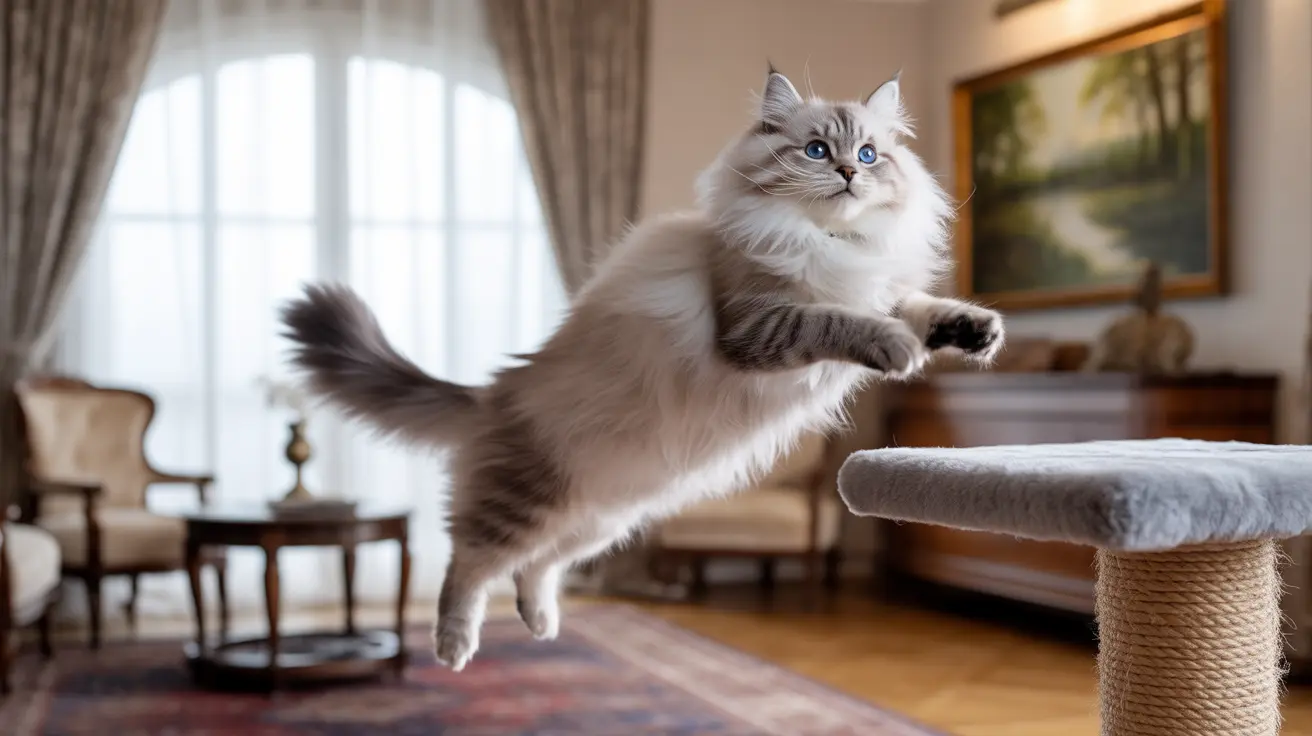Introduction
Understanding the Siberian cat lifespan is crucial for potential and current owners of this majestic breed. These robust felines, originally from Russia's harsh climate, typically enjoy lifespans ranging from 12 to 15 years, with some reaching an impressive 18 years or beyond with proper care. Their natural resilience, combined with their striking appearance and affectionate personalities, makes them exceptional companions for those committed to providing optimal care.
In this comprehensive guide, we'll explore the factors that influence Siberian cat longevity, essential care practices, and proven strategies to help your feline friend live a longer, healthier life.
Understanding Siberian Cat Life Expectancy
The average Siberian cat lifespan typically ranges from 12 to 15 years, though many cats surpass this benchmark with appropriate care. Several key factors influence their longevity:
Indoor vs. Outdoor Living
Indoor Siberian cats generally live significantly longer than their outdoor counterparts. Indoor cats avoid common hazards such as traffic accidents, predators, and exposure to diseases, potentially adding several years to their lifespan.
Genetic Health Factors
Siberian cats may face certain hereditary health challenges that can impact their longevity. The most significant include:
- Hypertrophic Cardiomyopathy (HCM)
- Polycystic Kidney Disease (PKD)
- Hereditary cancer risks
- Dental disease predisposition
Essential Care for Maximum Longevity
Nutrition and Diet
A balanced, high-quality diet is fundamental to extending your Siberian cat's lifespan. Focus on:
- High-protein, low-carbohydrate foods
- Adequate moisture content (wet food options)
- Essential fatty acids for coat and joint health
- Portion control to prevent obesity
Exercise and Environmental Enrichment
Regular physical activity and mental stimulation are crucial for maintaining health and extending lifespan. Provide:
- Interactive toys and climbing structures
- Daily play sessions
- Safe outdoor experiences (if possible) through enclosed spaces
- Multiple activity zones throughout the home
Preventative Healthcare Measures
Proactive health management significantly influences Siberian cat longevity. Essential practices include:
- Regular veterinary check-ups (at least annually)
- Genetic screening for hereditary conditions
- Dental care and cleaning
- Prompt attention to health changes
- Maintaining vaccination schedules
Frequently Asked Questions
What is the average lifespan of a Siberian cat, and how long can they live with proper care?
Siberian cats typically live 12-15 years on average, but with excellent care, they can live up to 18 years or longer. Proper nutrition, regular veterinary care, and a safe indoor environment are key factors in maximizing their lifespan.
How do indoor versus outdoor lifestyles affect the lifespan of Siberian cats?
Indoor Siberian cats generally live significantly longer than outdoor cats due to reduced exposure to risks such as accidents, diseases, and predators. Outdoor cats may live several years less than their indoor counterparts.
What genetic health issues should Siberian cat owners watch for to help extend their cat's life?
Key genetic health concerns include Hypertrophic Cardiomyopathy (HCM), Polycystic Kidney Disease (PKD), and hereditary cancers. Regular screening and early detection are crucial for managing these conditions effectively.
What diet and exercise routines best support a long, healthy life for Siberian cats?
A high-protein, balanced diet with both wet and dry food options, combined with daily interactive play sessions and climbing opportunities, helps maintain optimal health. Portion control is essential to prevent obesity.
How important is regular veterinary care and genetic screening in increasing a Siberian cat's lifespan?
Regular veterinary care and genetic screening are vital for longevity. Annual check-ups, preventative care, and early detection of potential health issues can significantly extend a Siberian cat's life expectancy.
Conclusion
While Siberian cats naturally possess impressive longevity potential, their ultimate lifespan depends heavily on the care they receive. By providing proper nutrition, regular veterinary care, and a enriched indoor environment, owners can help their Siberian companions achieve their maximum life expectancy and enjoy many healthy years together.






